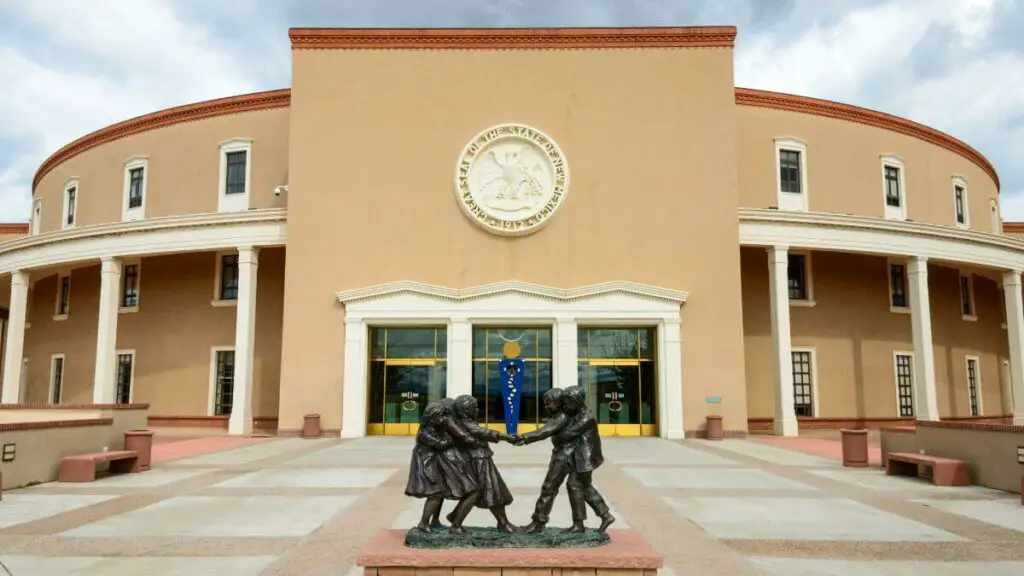A new elective course is being required in New Mexico high schools: Financial literacy. House Bill 126 is on its way to the governor’s desk after the conclusion of the state’s legislative session. With an impressive 40-0 vote in favor of HB 126 in the state senate, the bill should easily receive the signature of Democratic governor Lujan Grisham. Although the bill does not meet the “gold standard” of a required standalone Personal Financial Literacy course for high school graduation, it is certainly a step in the right direction. It comes on the heels of similar legislation in previous years’ sessions and will likely improve New Mexico’s “D” score for financial literacy from the American Public Education Foundation.
HB 126 strengthens embedded financial literacy standards, requiring them to be separate from economic standards and be included in Economics and Government classes. The proposal has widespread public support, including from most New Mexico school districts. In addition to strengthening financial literacy, it provided increased flexibility in high school curricula by reducing the number of required credits for graduation from 24 to 22. However, the reduction of two required classes has not been without controversy, leading to a debate about whether student choice and engagement in courses should be prioritized over requiring more college-readiness courses.
New Mexico Support for Financial Literacy Education
One prominent nonprofit helping with financial literacy education in the state is Think New Mexico. The nonpartisan think tank is currently focused on education reform and improving education outcomes, including financial literacy. It highlights the fact that New Mexico presently ranks near the bottom of the fifty states in terms of financial literacy and wants to improve this substantially.
Financial literacy education is also boosted by Money Smart New Mexico, which hosts a very thorough webpage for free resources that teachers and the general public can use. It also hosts webinars and a calendar of digital and in-person free workshops that users can attend. It is partnered with many state and national banks, including Wells Fargo.
Academically, the state’s universities are ready and willing to help the high schools with financial literacy. The University of New Mexico (UNM) School of Law’s financial literacy program offers to teach various personal finance topics to high schools. The UNM Center for Financial Capability has web pages for financial literacy resources and educational resources for UNM students and the general public. New Mexico State University (NMSU) also offers financial literacy education through its Center of Innovation. It is partnered with the Nusenda Center for Financial Capability, which offers free hour-long workshops and hosts an annual financial wellness fair.
New Mexico also enjoys the help of nationwide nonprofits, such as Junior Achievement, that offer financial literacy programs for youth. JA offers a 5-week curriculum (one 45-minute session per week) to K-12 classrooms across the state. Through grant programs, individual schools across the state have received funds for financial literacy programs, such as Highland High School in Albuquerque receiving a $25,000 grant to help community members file their taxes. Hopefully, these positive trends will continue and grow stronger!

